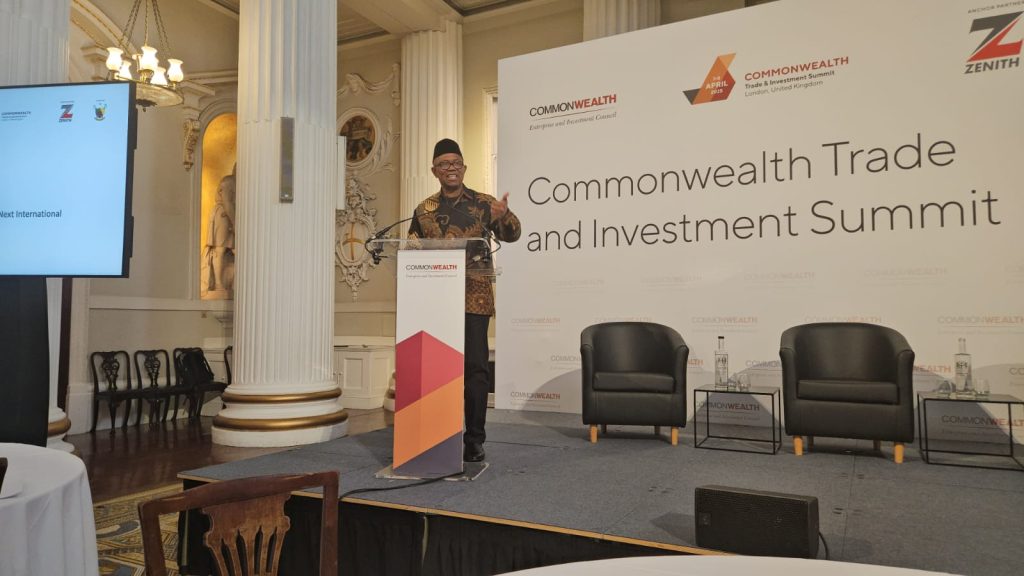Lawrence Nwimo, Awka
Former Anambra State Governor, Mr Peter Obi, has called on African leaders to consider adoption of transformative change agenda as a way of combating the tariff regime of United States (US) President, Donald Trump.
He said the agenda must focus on productivity and rapid human capital development to boost the continent’s economy.
Obi made the call in London at the plenary session of the 2025 Commonwealth Enterprise and Investment Council (CWEIC) Trade and Investment Summit on Tuesday.
In a statement issued by the spokesperson of the Peter Obi media office, Ibrahim Umar, Obi lamented that Africa had become too reliant on external Western political and economic institutions without focusing on productivity and human capital development.
Obi’s submission was in the wake of the decision of the American government to impose a 14 percent tariff on Nigerian exports, citing trade barriers created by Nigeria’s restrictions on 25 categories of American goods.
However, Obi said in response to the tariff imposition, that African nations must focus on rapid upgrades in productive capacities, especially in innovative education, healthcare, and poverty alleviation.
Speaking on the topic “Africa’s Role in the New Global Economy,” Peter Obi advised African leaders to invest in the continent’s vast youthful human capital, which represents a workforce of over a billion people.
He noted that while many countries have responded proactively to Trump’s trade tariffs to protect their economies, Africa has largely failed to do so.
Despite its vast potential, Obi observed that Africa’s share of global trade remains low, standing at just 2–3 percent, according to the World Trade Organization (WTO).
“Our share of the global GDP is about three percent. Africa’s GDP per capita is even worse, at $1,900, compared to Asia’s average of around $9,000.
“Africa is home to the most youthful and dynamic workforce, with the largest concentration of working-age individuals—about one billion people.
“The continent boasts abundant natural resources, including nearly a billion hectares of uncultivated arable land. Africa holds over 60 percent of the world’s arable land and about 30 percent of global mineral resources,” he said.

